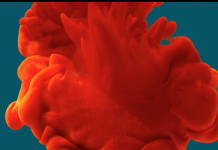Understanding how to integrate research on teaching into the classroom and into the practice of instructors is a fundamental part of teaching and learning at U of T. The Scholarship of Teaching and Learning, referred to as SoTL, provides instructors with the support and resources to take a reflective and scholarly approach to teaching. By querying teaching practices and collecting and analyzing data, SoTL seeks to enhance the student experience, and by sharing this information publicly instructors are committed to continued growth and improvement of teaching and learning.
Innovation in Action
Professor Steve Joordens, Psychology, UTSC, strongly believes that a university course must communicate to students the importance of critical and creative thought. As an instructor who teaches a number of large introductory Psychology courses – at times comprised of 1500 students – this posed a logistical challenge.
His unique solution was to develop peerScholar, an online tool allowing students to provide feedback to one another on course assignments. In doing so, students develop and refine critical thinking skills while learning to provide, receive, and incorporate formative feedback.
Joordens and his graduate student, Dwayne Paré, have published and presented extensively on the impact of peer assessment and peerScholar. Joordens also helped a number of his colleagues integrate peerScholar into their courses, and all U of T faculty now have access to the tool.
In 2009, peerScholar was honoured with the National Technology Innovation Award and in 2011 peerScholar was licensed through Pearson Education. It is now being used in a variety of educational contexts, including at the K-12 level.
The University of Toronto Course Evaluation Framework also relies on a strong evidence base, providing a tool to assess both the common and diverse learning environments in higher education institutions. Launched in 2011, it has since been commercialized under the name evalUT.
Drawing on years of course evaluation literature and rigorous testing and data analysis, evalUT was designed to align with survey design practices for course evaluations with a commitment to ongoing monitoring and analysis for continuous improvement. It incorporates everything from standardized, validated questions at the institutional level to course-specific questions at the faculty, department and instructor level.
U of T’s Course Evaluation Framework is now being used to gather feedback from students in 10 different Faculties across all three campuses and is being rolled out in phases across more Faculties and departments.
It has been purchased by other Canadian and international universities and continues to generate interest from other post-secondary institutions seeking U of T’s expertise on evidence-based course evaluation design.
Expertise in Practice
Research on teaching at the University of Toronto extends beyond the work of the Ontario Institute for Studies in Education (OISE). U of T offers a number of funding options for those interested in conducting pedagogical research, including the Instructional Technology Innovation Fund (ITIF) and the Learning and Education Advancement Fund (LEAF), and funding is also available through external organizations and agencies.
The Centre for Teaching Support & Innovation (CTSI) acts as a hub for SoTL at the university. Since 2013, the SoTL Network has allowed instructors and librarians to share teaching resources, experiences and research in a common community.
“Our U of T teaching and learning community has experienced a surge of interest in exploring ways to conduct inquiry and research into one’s teaching,” says Cora McCloy, Research Officer and Faculty Liaison at CTSI. “These conversations have built a community that seeks to continually advance the ways that our teaching can enhance our students’ learning.”
Through a list-serv, regular workshops and meetings, they come together – whether new to the subject or experienced researchers – to collectively discuss and explore the available evidence and share their pedagogical research with colleagues.
For Michelle Silver, Assistant Professor, Health Studies/Anthropology, UTSC, “sharing experiences with my colleagues about integrating research and teaching has allowed me to reflect on and collaboratively think about ways to develop an enriched experiential learning environment.”
As a part of her study, Silver examined students’ expectations about mental health and aging. “I believe exposure to the process of conducting research helps students recognize the importance of research,” Silver says. “Students have come back to tell me that they never read a health news story in the same way again”.
In the end, the impact in the classroom, involving students in the process, and seeing how teaching enables student success is the litmus test for research findings. A strong SoTL community at U of T provides faculty with valuable connections and research, as well as research opportunities, and further emphasizes that we are all teacher and learners in the classroom.























